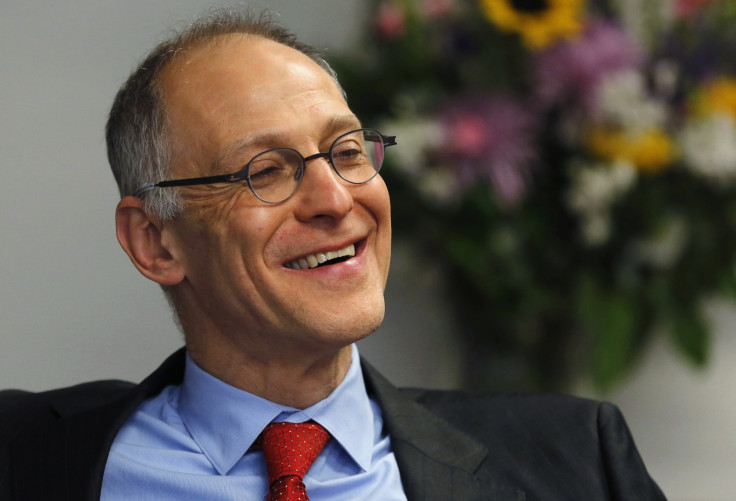ObamaCare Doctor Ezekiel Emanuel: Longevity is Overrated

A prominent US doctor credited as the architect of Barack Obama's healthcare reform for America, ObamaCare, has said longevity is overrated and that he hopes to die at 75.
Ezekiel J Emanuel, writing for The Atlantic, explained that he does not want to live until he is 90 because while dying young robs people of experiences, "living too long is also a loss".
"It renders many of us, if not disabled, then faltering and declining, a state that may not be worse than death but is nonetheless deprived," he said. "It robs us of our creativity and ability to contribute to work, society, the world. It transforms how people experience us, relate to us, and, most important, remember us. We are no longer remembered as vibrant and engaged but as feeble, ineffectual, even pathetic."
Emanuel, who is 57 and opposes assisted suicide, said he believes trying to "endlessly extend life" is "misguided and potentially destructive". He said Eileen Crimmins, a researcher at the University of Southern California, pointed out that "health care hasn't slowed the ageing process so much as it has slowed the dying process".
He pointed to dementia and Alzheimer's statistics showing there will be a vast increase of sufferers in years to come because people are living longer. Even if people live into old age without these diseases, their mental functions decrease, being less able to focus, with declines in mental processing speed and long-term memory.
Creativity is also lessened in the majority, he said, and physical deterioration is "progressive erosion" of abilities.
"We accommodate our physical and mental limitations. Our expectations shrink. Aware of our diminishing capacities, we choose ever more restricted activities and projects, to ensure we can fulfil them. Indeed, this constriction happens almost imperceptibly. Over time, and without our conscious choice, we transform our lives. We don't notice that we are aspiring to and doing less and less. And so we remain content, but the canvas is now tiny.
"The 'American immortal', once a vital figure in his or her profession and community, is happy to cultivate avocational interests, to take up bird watching, bicycle riding, pottery, and the like. And then, as walking becomes harder and the pain of arthritis limits the fingers' mobility, life comes to centre around sitting in the den reading or listening to books on tape and doing crossword puzzles. And then ... ".
People, Emanuel said, do not want to be remembered as forgetful, sluggish burdens but as active, funny and engaged individuals. He believes at the age of 75, humans reach this moment when they have lived rich lives and "hopefully imparted the right memories to our children".
"Yes, with effort our children will be able to recall that great family vacation, that funny scene at Thanksgiving, that embarrassing faux pas at a wedding. But the most-recent years—the years with progressing disabilities and the need to make caregiving arrangements—will inevitably become the predominant and salient memories."
Emanuel said a rejection of his view is natural, and that he does not think it is wrong to want to live as long as possible, but that for him "75 defines a clear point in time".
© Copyright IBTimes 2024. All rights reserved.






